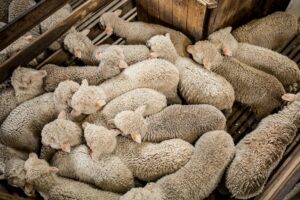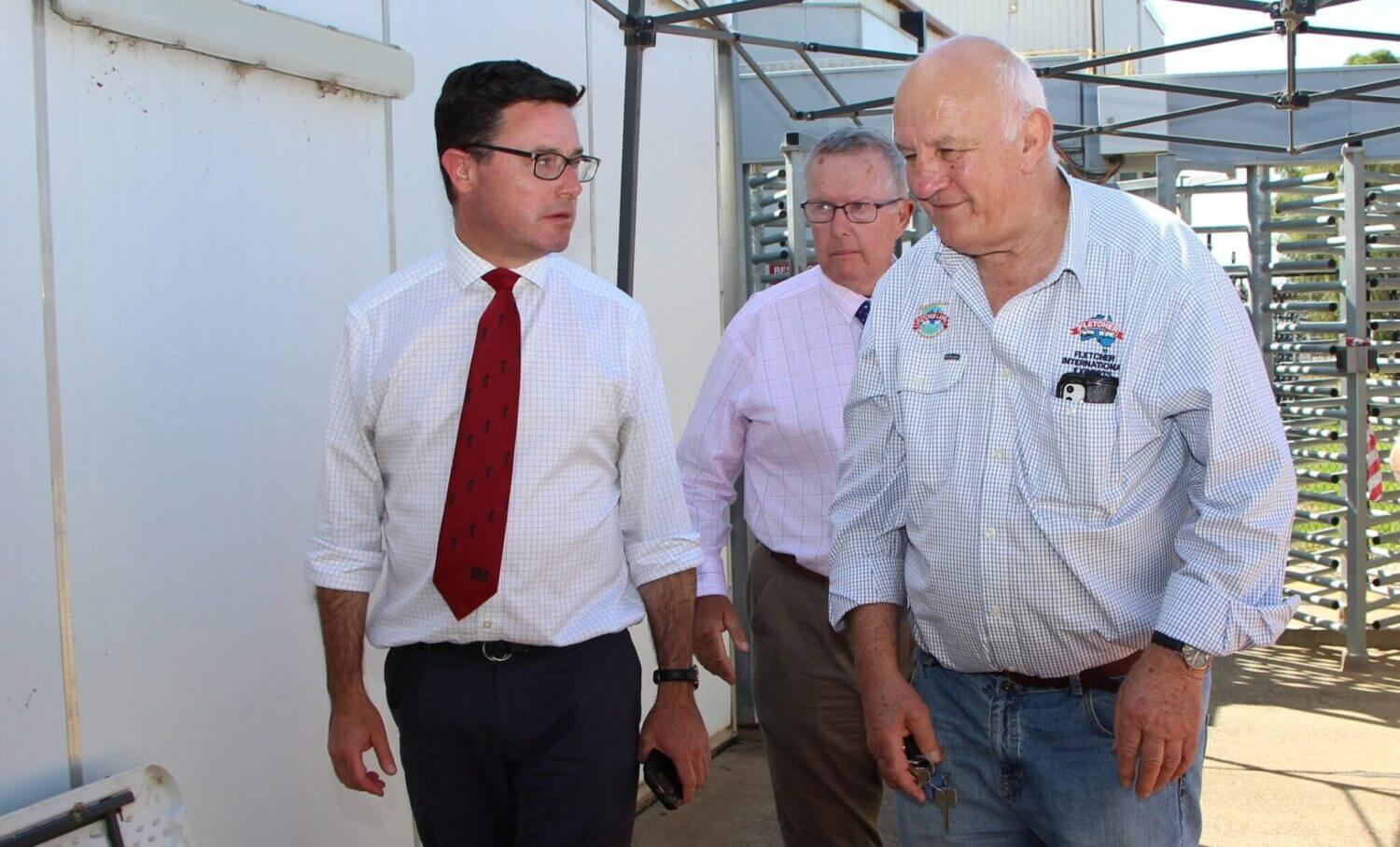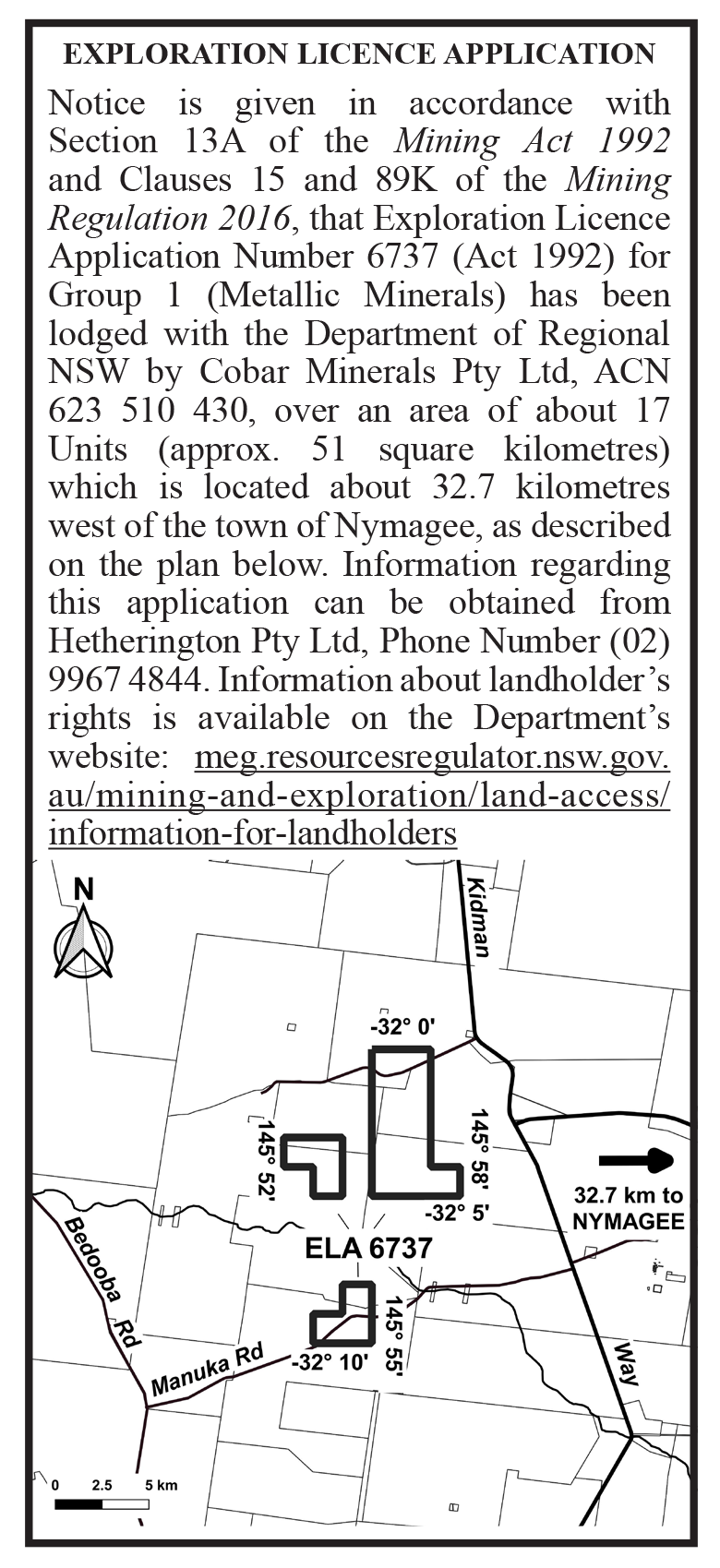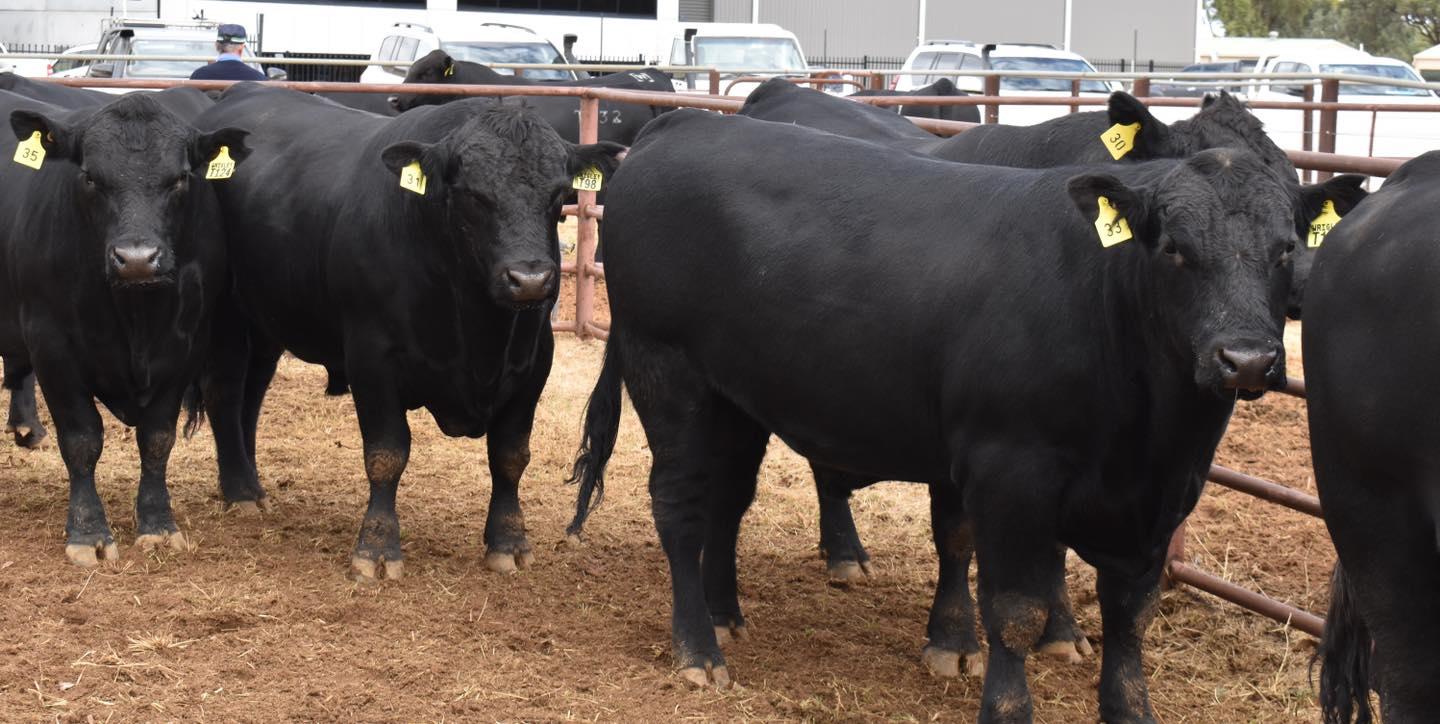FLETCHER CONFIDENT A POSITIVE WAY FORWARD FOUND
The NSW Government has announced its sheep and goat electronic identification (eID) timeline.
It released its plan to roll out eID for the State’s $1.5 billion farmed sheep and goat industries on Thursday, 15 December.
All sheep and farmed goats born after January 1, 2025 will require an electronic tag before leaving a property, and from January 1, 2027 all farmed sheep and goats will require an eID tag.
Minister for Agriculture and Western NSW Dugald Saunders said the plan has been developed hand-in-hand with industry, ensuring a timeline that works for each sector.
“Biosecurity is a top priority for the NSW Government, and a mandatory electronic identification system for sheep and goats will be a critical part of delivering the animal traceability we need to respond quickly and effectively if we ever see an incursion of an emergency animal disease,” he explained.
“This timeline works for our state’s producers, feedlotters, agents, saleyards and processors, which is crucial given the important role they will each play in the successful roll out.”
Director of Fletcher International exports Roger Fletcher, who owns Kiagarthur Station at Kiacatoo near Condobolin, said he’s confident NSW has a positive way forward.
“As one of Australia’s most integrated processors and exporters of lamb and sheep meat products, I’m pretty happy with where we’ve ended up here,” Mr Fletcher said.
“At the end of the day, everyone involved in the sheep and goat industries has a role to play in this, and I’ll be doing my bit.”
From 1 January 2024 meat processors will be required to start scanning all farmed sheep and goats and from 30 June 2024 scanning at saleyards will commence.
“I’m committed to providing NSW producers with the smoothest possible transition, while maintaining a strong focus on biosecurity,” Mr Saunders stated.
“The open and honest feedback I’ve received from producers across NSW is that while they understand the need for traceability, there has been a concern about having to deal with new tags in too short a timeframe.
“I’ve heard that message loud and clear, and my focus will continue to be on getting this right for everyone involved. That also includes a different pathway for wild-harvested rangeland goats, separate to managed and farmed goats, which is both achievable and considers the needs of the industry.”
Mr Saunders said work will continue across all sectors to determine what critical infrastructure is needed to support the implementation of a mandatory sheep and goat eID system, and how it will be funded.
“We still have some details to sort out at a state and national level, including the consideration of a national tag tender, and the upgrade of the National Livestock Identification System (NLIS) database,” he revealed.
“I’ve already called on the Federal Labor Government to match the funding we’re putting on the table, and I’ll keep pushing for that support while we work closely with all key representative bodies sitting on our NSW Sheep and Goat Traceability Reference Group.”
NSW Farmers has also welcomed, what they consider to be a ‘common sense; time line for electronic sheep and goat tags in NSW.
NSW Farmers President Xavier Martin welcomed the announcement, which was made in consultation with producers and industry groups.
“We’ve heard from some farmers about issues around timeframes and harvested rangeland goats, and from the outset we have said producers need enough time to implement eID properly,” he said.
“Farmers shouldn’t have to put tags in ears until they can be scanned at the saleyard and the processor, and this implementation plan will ensure the supply chain is ready to accept animals with eID devices.
“It’s important that any reforms are manageable and able to be rolled out practically, and that’s the approach we’re seeing from the NSW Government.”
The NSW Government has invested $229 million in biosecurity measures in 2022 alone, the largest investment by a single jurisdiction ever in Australia.
To read the implementation plan or for more information on sheep and goat electronic identification in NSW, visit www.dpi.nsw.gov.au/eid.

The NSW Government released its plan to roll out eID for the State’s $1.5 billion farmed sheep and goat industries on Thursday, 15 December. Image Credit: NSW Farmers.
Latest News
Condo Auto Sports host a weekend of fun
Condo Auto Sports held a weekend of fun on Saturday, [...]
Team building with pallets
On Saturday March 23rd, Lake Cargelligo Early Learning Centre [...]
Quade swims well
Condobolin Public School’s Quade Peterson qualified to compete in the [...]
Arthur Pike Memorial 4BBB
An enthusiastic group of 22 players contested the Arthur Pike [...]
Full clearance at Wrigley Annual Bull Sale
The annual Wrigley Cattle Co Bull Sale achieved a full [...]
2024 CHS SRC Representatives
Several Condobolin High School students were recognised with Condobolin RSL [...]










